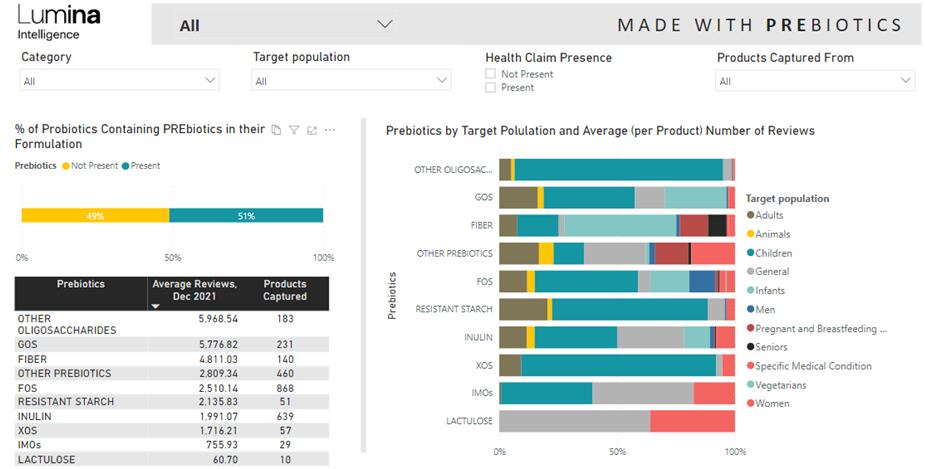A team of researchers from New Zealand combed through population health surveys from a number of jurisdictions to see what the adoption rate for complementary and alternative health strategies was in a number of countries. Their analysis was published this week in the journal Drug Safety.
For their underlying data set the researchers used various long term, large scale observational studies. The researchers screened more than 2,000 references to arrive at 65 national health surveys (plus a few more identified after the initial screening), of which 40 made the final cut for their analysis.
Which definition?
One key issue to address was the definition of ‘traditional, complementary and alternative medicine’ (the authors use the acronym (T)CAM) that might be applied to all of the studies. The authors noted that a number of such health surveys around the world have adopted the definition put out by the National Center for Complementary and Integrative Health in the United States. That body defines (T)CAM as “a group of diverse medical and healthcare systems, practices, and products that are not generally considered part of conventional medicine.”
The authors said (T)CAM “includes products (e.g. herbal medicines, dietary supplements) and therapies/practices (e.g. chiropractic, acupuncture).”
NHANES data among information used
Among the high profile surveys the authors included in their analysis were several iterations of NHANES (National Health and Nutrition Examination Survey) in the US covering the years from 1988 to 2012, as well as four iterations of NHIS (National Health Interview Survey). A survey conducted by the Council for Responsible Nutrition (CRN) was also included.
Data from other countries and regions included surveys done in Australia, Canada, China, Czech Republic (Czechia), England, Europe, Iceland, Indonesia, Ireland, Korea, Kuwait, Lebanon, Switzerland and Taiwan.
The authors found that for surveys that cover a wide span of time, such as those conducted in the US, the use rate of (T)CAM tended to be stable over time. According to this analysis, the use rate in the US ranged from a low of about 42% to a high of about 54%. according to NHANS data. The NHIS survey data showed that rate at a stable 33% to 35% over time.
The quoted use rates over time in other countries were lower, with Ireland ranging 21% to about 28% and Switzerland stable at about 25%. The Czech Republic was something of an outlier, showing use rates ranging as high as about 86%.
(T)CAM prevalence found to be significant, but probably underreported
The authors noted that a significant limitation of their study was exactly how each survey asked the question(s) about (T)CAM usage.
“The prevalence of use of TCAM, as determined by national studies, is substantial, and evidence indicates this is sustained over time. The studies reviewed here probably underestimate TCAM use due to methodological limitations, particularly those relating to the nuanced differences in questions relating to prevalence of use and differing levels of specificity in relation to exposures to specific TCAM products/practices/therapies,” the authors concluded.
Indeed, a number of surveys in the US show the usage of dietary supplements at least to be far higher than what the authors of this study quoted. The most recent CRN survey found that 80% of Americans reported using supplements at least occasionally.
Source: Drug Safety
DOI: 10.1007/s40264-022-01189-w
Prevalence of Use of Traditional, Complementary and Alternative Medicine by the General Population: A Systematic Review of National Studies Published from 2010 to 2019
Authors: Lyn Lee E, Richards N, Harrison J, Barnes J




